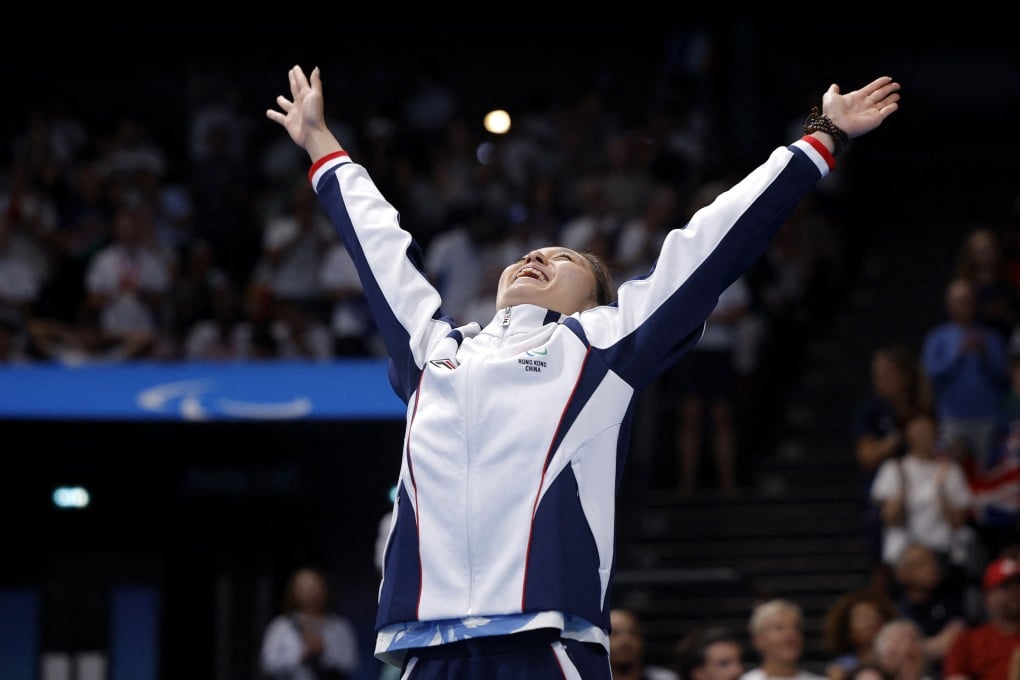My Take | Paralympians’ sporting courage always an inspiration to us all
Amid the extraordinary achievement of athletes, we must not forget the more than 500,000 disabled people in Hong Kong and the role they play

China’s Olympians received an enthusiastic welcome in Hong Kong during their visit, displaying the talent that secured 40 gold medals at the Paris Games.
But on the day they arrived, another iconic sports competition was beginning in the city of light. The Paralympics, or “parallel Olympics”, feature 4,400 disabled athletes, from 168 teams, competing for 549 medals in 22 sports.
These hotly contested events always take place in the shadow of the Olympics, but they deserve at least equal billing, championing inclusivity and showcasing the outstanding achievements of people with disabilities.
Paris provided the perfect location for a spectacular opening ceremony which took place in the city centre, with a parade of athletes along the Champs-Elysee. It was intended to demonstrate that inclusivity lies at the heart of society. The Paralympics can change attitudes towards those with physical or mental impairments, who continue to face prejudice and discrimination around the world.
Andrew Parsons, president of the International Paralympic Committee (IPC), said the Games show what people with disabilities can achieve at the highest level. “The fact these opportunities largely exist only in sport in the year 2024 is shocking. It is proof that we can and must do more to advance disability,” he said, declaring the Games an “inclusion revolution”.
The Paralympics have a long and proud history. They emerged from the horrors of World War II, when sport was used as a way of rehabilitating injured servicemen and women. The first Games, at Britain’s Stoke Mandeville Hospital in 1948, featured just 16 archers. But the movement quickly grew. The first Paralympics were held in Rome in 1960.
There is a tendency for the Paralympics to be seen, rather patronisingly, as a substandard follow up to the “real” Olympics, a token gesture to encourage those unfortunate enough to have disabilities. That attitude is one of many that needs changing. The competitors are elite athletes in their own right. They train hard and fight to win, just like Olympians.
